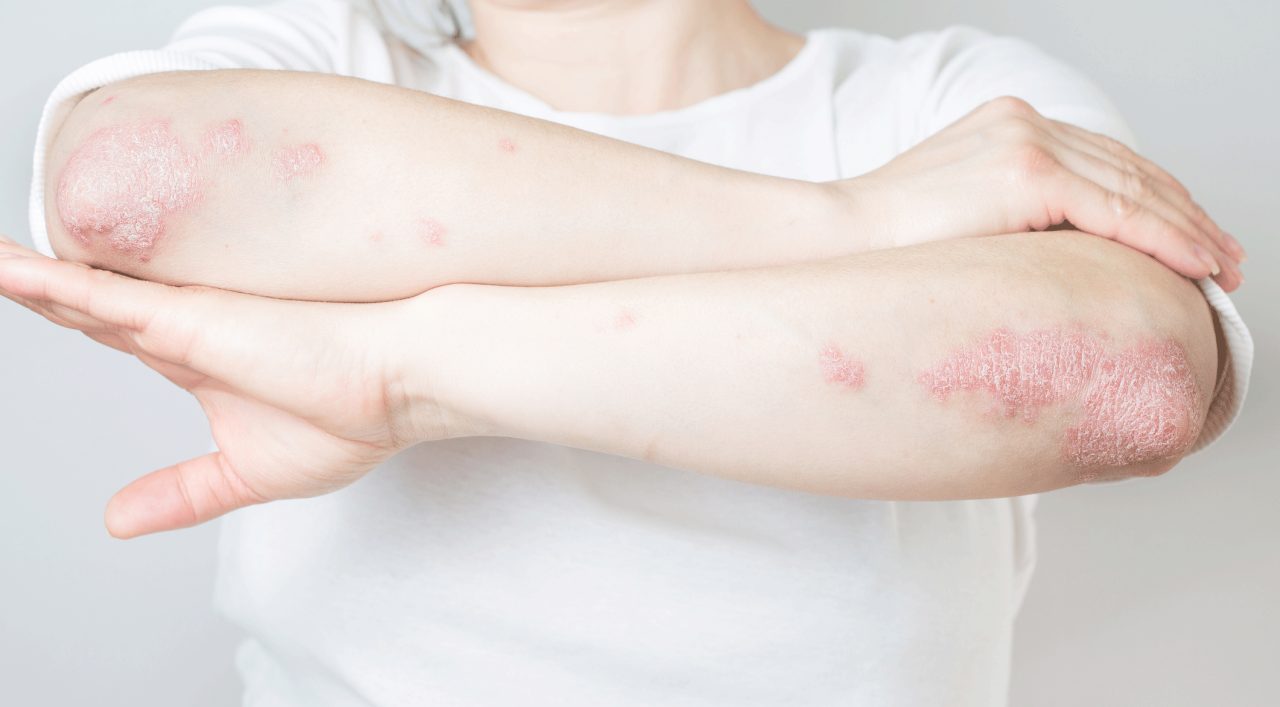Treating Psoriasis May Help You Avoid Dementia

Your immune system can make errors that produce inflammation, harming your health. Immune-altering drugs for psoriasis, however, may help cut the risk for Alzheimer’s disease.
Psoriasis isn’t pleasant. It causes thick, pink, or red patches of skin, with white or silvery scales. They itch and may make you self-conscious.
Some people just put up with the problem, which tends to get better and worse throughout your life. You might try special creams and photo (light) therapy. Drugs that treat the problem from inside your skin to alter your immune function are a more expensive and aggressive treatment.
One reason to treat psoriasis with drugs may be to protect yourself from Alzheimer's disease.
YOU MIGHT ALSO LIKE: Better Treatment for Psoriasis
Inflamation in psoriasis
Psoriasis is an inflammatory disorder that, especially in middle age, may be linked to a higher chance over time of Alzheimer’s, which is also inflammatory. Inflammation is a sign of immune system activity, which can happen even when it is not needed to fight bacteria or viruses.
In other words, your immune system can make errors and produce inflammation that harms your health.
Immune-altering drugs for psoriasis may help lower the risk of Alzheimer’s, according to a one study, possibly reducing the inflammation of neurons. Earlier research suggested that anti-inflammatory drugs can help minimize cardiovascular disease in psoriasis patients. Heart conditions are also related to inflammation.
The study drew upon all recorded new psoriasis diagnoses and Alzheimer’s diagnoses in a national database in Taiwan over 17 years. It included more than 11,000 patients with psoriasis. Note that the risk of Alzheimer’s wasn’t high. Among the Taiwanese who didn’t have psoriasis, 1.87 percent developed Alzheimer’s, compared to 2.11 percent in those who did have the skin condition.
The study contradicted another one with around 300 psoriasis patients that found no increased risk over time of Alzheimer’s in psoriasis patients.
The authors of the Taiwan study point, however, to research evidence from mice. In one example, acitretin (Soriatane), a pill form of vitamin A frequently used to treat psoriasis in Korea, enhanced the expression of a particular gene that minimizes amyloid plaques, a tell-tale sign of Alzheimer’s.
How can you judge what kind of treatment is best for you?
Your psoriasis treatment will depend on how badly your patches bother you. Moderate psoriasis covers 3 percent to 10 percent of your body. If psoriasis covers more than 10 percent of your body or occurs on sensitive areas like your face, palms, soles, or skin folds, it’s considered severe.
But people with a moderate or severe problem may want to start with a mild treatment. Your overall health and costs are also factors.
The usual approach is to start from the bottom of treatment methods and work your way up to more aggressive treatments.
Fear of your risk for related illnesses may be a reason to treat your psoriasis more aggressively. If you have very severe psoriasis, you may need to take more than one drug at a time, plus light treatment or sunlight.
Any drug has the risk of side effects, however. If you experience them, you may need to discontinue the medication.
Why it’s important to treat even moderate psoriasis
One study of nearly 13,000 patients in Italy with psoriasis found higher death rates for people with moderate-to-severe psoriasis as early as their 40s, but no more mortality among mild cases. Psoriasis is linked to a wide range of conditions: high blood pressure, type 2 diabetes, Crohn's disease, non-alcoholic fatty liver, infections, anxiety, depression, and cancer.
Updated:
July 12, 2023
Reviewed By:
Janet O’Dell, RN